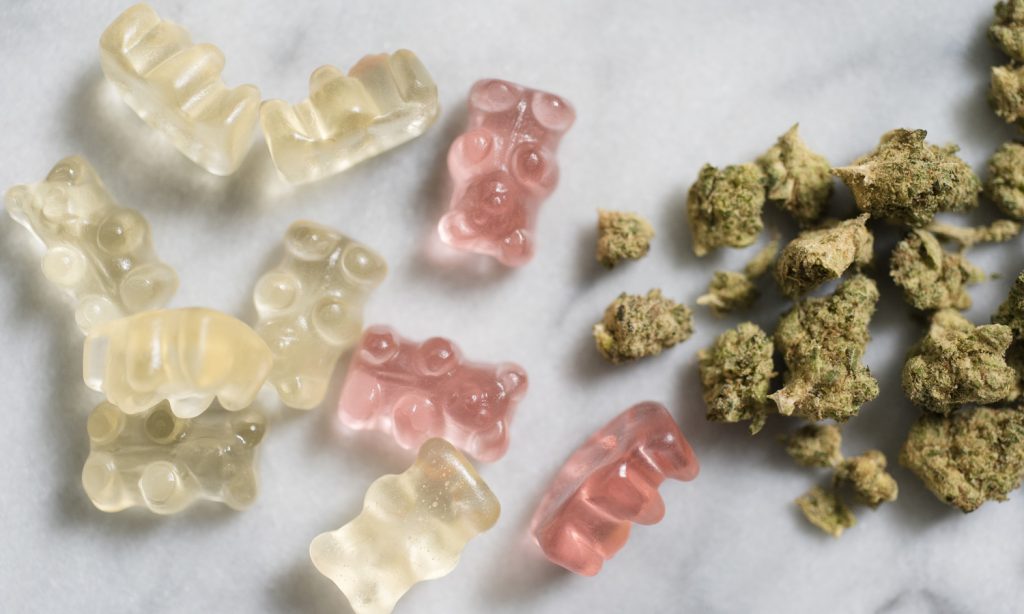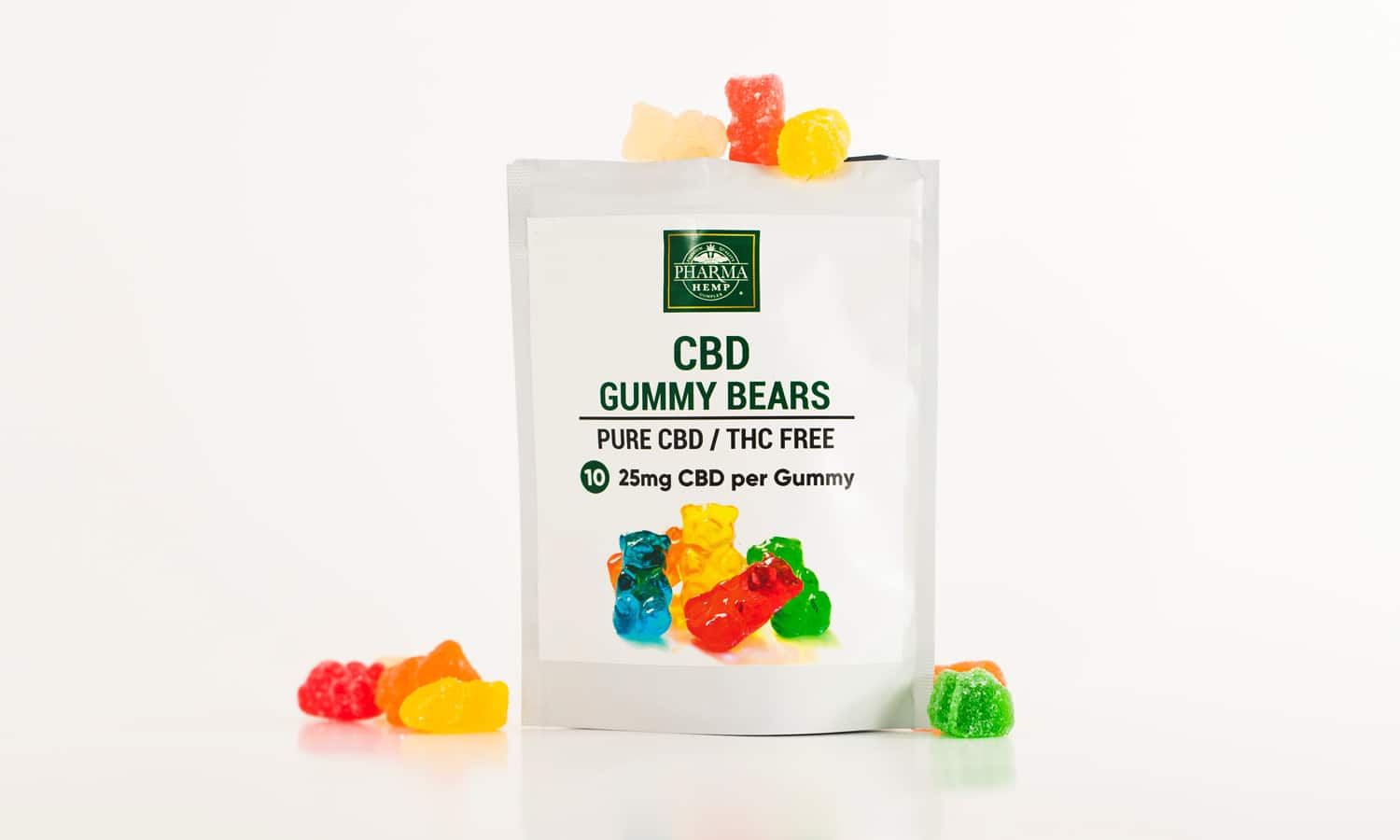Thinking about purchasing a bottle of this hyper popular edible? Before you swipe that card, here are some important facts you should know.
More individuals than ever before are looking to different methods of utilizing CBD gummies to help with everything from pain, to anxiety and beyond. And since there are multiple varieties and potencies of gummies to choose from, we broke down the common myths and misconceptions about this popular portal of CBD you should know before you purchase. So here are the myths vs. facts about CBD gummies.
Myth: Gummies have the same ingredients but only vary by flavor
Not all gummies are created equal. In fact, the amount of CBD in gummies can vary from one company to another as each company mixes its proprietary blend. The potency of CBD within each gummy can range anywhere from 5mg to over 15mg. It’s best to look at the information on the bottle and ask questions up-front to know the CBD dosage. Product formulations are complex, as is the process of extracting the CBD oil from the hemp plant. Knowing where the hemp is grown and how its extracted can help you better understand the product you’re taking and all that’s involved.
Myth: CBD gummies offer fast relief
This isn’t always the case. First-time users often don’t know what to expect and many don’t realize that gummies first must be broken down in the stomach and then filtered through the body to take effect. Because of research heavily regulated by the Food and Drug Administration (FDA) and Environmental Protection Agency (EPA) many claims of CBD aren’t irrefutably proven.
RELATED: Third Most Popular Google Food Search? CBD Gummies

Myth: All CBD gummies are safe
Like most concoctions, CBD gummies can take on elements in their environment which can have negative effects (think pesticides, chemicals, etc.) Kazmira, LLC. claims that many companies try to dilute chemicals like pesticides out of the gummy instead of removing them completely. They cited a report from 2016 where Steep Hill Laboratories found that almost 85% of cannabis samples had pesticides present. Kazmira explains the issue with diluting pesticides like this:
“Think about it this way, if a basic food product like an egg tested positive for a pesticide above the legally established tolerance limit, it would be removed from the shelves immediately. This happened on a massive scale in Europe when millions of eggs were removed from the shelves for having high levels of an insecticide. Egg producers cannot cut the egg in half or mix it with clean eggs before testing to lower the amount of pesticide in the egg. Whatever is in the egg cannot be modified. CBD oil, however, is a different beast. There is no standardized “unit” of CBD, such as “one egg” or “one apple.” Therefore, formulators can mix contaminated oil with clean oil to mask contaminants from analytical instruments.”
Whether you’re a first-time user of CBD products, or someone who is curious about their effect, it’s wise to ask these 5 questions before you purchase or order:
- Can you explain the process of where the hemp is grown, how the CBD oil is extracted and what methods are in place for testing to ensure safety and accuracy?
- Does your company use any fillers or products not listed on the package?
- In what methods can you certify that the ingredients are clean and free of pesticides and chemicals?
- Are you bottling your own products or purchasing products from another manufacturer and white-labeling them as your own?
Being an informed consumer will help you be better educated and knowledgeable about CBD products and the way they fit into your lifestyle.


